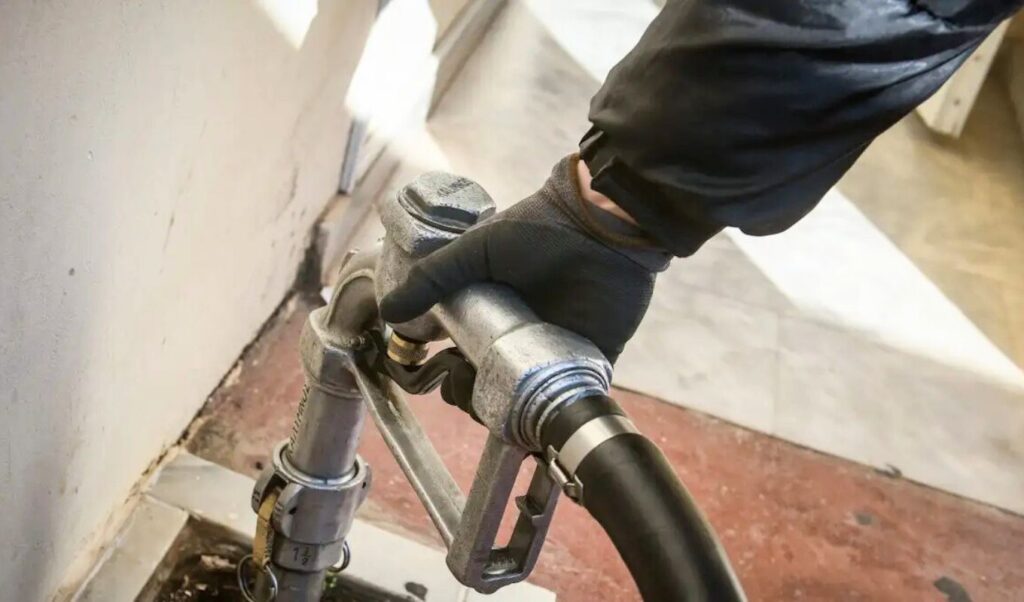The heating allowance provides significant financial relief for 1.2 million Greek households, with state subsidies ranging from €100 to €1,200. The amount distribution depends directly on the geographical location of the residence and the prevailing climate conditions of each area.
Read: Vehicle owners receive fines: How violators will be notified – First cross-checks completed
Areas with maximum heating allowance of €1,200
Residents of mountainous settlements such as Metsovo, Velouchi, Nymfaio, Nevrokopi and Pertouli are entitled to the highest subsidy. Specifically, in areas where the climate coefficient equals or exceeds 1.2, the heating allowance increases by an additional 25%, reaching the maximum limit of €1,200.
Similarly, settlements with a climate coefficient greater than or equal to one, including Elati, Papigo and Kozani, receive a 25% increase on the basic amount, resulting in a heating allowance reaching €1,000.
Beneficiaries and heating types
The state subsidy applies exclusively to each household’s primary residence and covers individuals of all family statuses: single, married, widowed, civil union partners, separated or divorced.
The heating allowance is granted for all types of heating systems:
• Heating oil
• Natural gas
• LPG
• Firewood and pellets
• District heating
• Electricity
It should be noted that heating oil distribution begins on October 15, with prices ranging between €1 and €1.10 per liter.
Income criteria for heating allowance
Income limits are set as follows: single individuals qualify for assistance with annual income up to €16,000, while married couples have a limit of €24,000. For each dependent child, an additional €5,000 is added to the income threshold.
Single-parent families have an increased limit of €29,000, which increases by €5,000 for each child after the first. Additionally, total gross income from business activities must not exceed €80,000.
Property criteria
Real estate value constitutes a determining factor for heating allowance eligibility. Single, widowed and separated individuals must have real estate worth up to €200,000, while married couples, civil union partners and single-parent families up to €260,000.
For each dependent child, the property limit increases by €40,000, providing greater flexibility for families with children.




